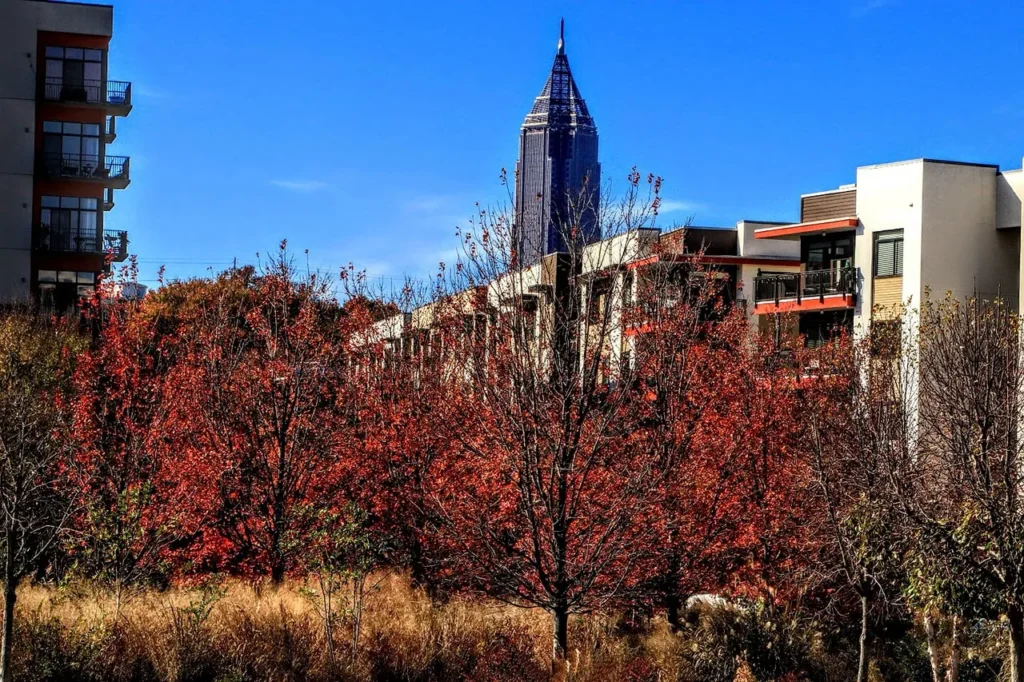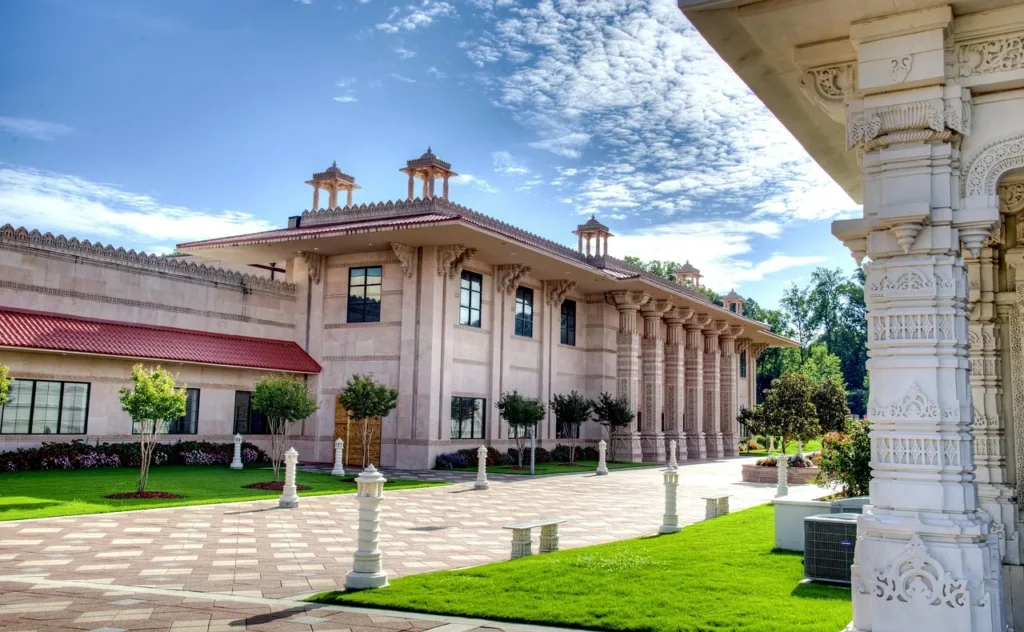
If you’re planning a move to Atlanta, welcome to one of the most vibrant, fast-growing cities in the South. From its thriving job market to its diverse neighborhoods and endless food scene, Atlanta has something for everyone. But before you sign that lease and unpack your boxes, it’s important to understand what renting in the city really looks like.
Whether you’re relocating for work, school, or a fresh start, this guide will walk you through everything you should know before signing a lease in Atlanta — so you can find the perfect home and avoid costly surprises.

1. Understand Atlanta’s Neighborhoods
Atlanta is a city of neighborhoods — each with its own vibe, price range, and personality. Knowing where to look can make all the difference in your rental experience.
- Midtown: A lively, walkable area filled with high-rises, restaurants, and nightlife. Great for professionals who want to live close to the action.
- Buckhead: Known for upscale living, luxury apartments, and great shopping. Rents are higher here, but the amenities often match.
- Old Fourth Ward & Inman Park: Trendy, artsy neighborhoods with historic charm and easy access to the BeltLine.
- West Midtown & Upper Westside: Rapidly developing, with modern apartments and lots of new dining options.
- Decatur or East Atlanta Village: Ideal for those seeking a more laid-back, community-oriented atmosphere.
Before committing to a lease, spend some time exploring different neighborhoods in person or online. Commute times and lifestyle preferences should guide your decision as much as rent prices.
2. Know the Average Rent Prices
Rental prices in Atlanta vary widely depending on location, apartment size, and amenities. As of 2025, the average rent for a one-bedroom apartment in Atlanta ranges between $1,500 and $2,000, while luxury options can exceed $2,500 per month.
Here’s a quick breakdown:
- Midtown / Buckhead: $1,900–$2,800
- West Midtown / Old Fourth Ward: $1,700–$2,200
- East Atlanta / Decatur: $1,400–$1,900
- Suburban Areas (Smyrna, Sandy Springs): $1,200–$1,600
If you’re searching for Atlanta Georgia apartments, compare listings on multiple platforms and keep an eye out for move-in specials. Many property managers offer discounts such as a month of free rent or reduced application fees — especially in competitive areas.
3. Check Commute and Transportation Options
Atlanta is famous for its traffic, so where you live can seriously affect your quality of life. The city’s layout and sprawling suburbs mean your commute can vary from 15 minutes to over an hour, depending on the time of day.
- MARTA (Metropolitan Atlanta Rapid Transit Authority) is the city’s public transit system, connecting major neighborhoods and downtown areas.
- If you plan to work in or near downtown, consider living near a MARTA station — apartments close to transit hubs can save you hours on the road.
- Cycling and walking are becoming more popular, especially around the BeltLine, a 22-mile loop of trails and parks that connects several intown neighborhoods.
Before signing your lease, test your commute during rush hour to make sure the location fits your lifestyle.
4. Review Lease Terms Carefully

Lease agreements can vary widely depending on the property and management company. Before you sign anything, read the fine print and clarify the details.
Pay attention to:
- Lease length: Most Atlanta apartments offer 12-month leases, but some may have shorter or flexible terms.
- Rent increases: Ask if rent is subject to annual increases and by how much.
- Fees: Application fees, administrative fees, and security deposits can add up quickly.
- Pet policies: Many buildings allow pets but charge additional deposits or monthly pet rent.
- Maintenance and repairs: Make sure you understand what’s covered by the landlord and how to request repairs.
If you’re renting from a private landlord rather than a property management company, make sure you get everything in writing.
5. Inspect Before You Commit
Before you move in, always inspect the apartment thoroughly. Check for signs of water damage, pest issues, or broken appliances. Document everything with photos or video before your move-in date — this helps protect your security deposit later.
Ask the landlord or leasing agent about:
- Age and condition of appliances
- Heating and cooling systems (Atlanta summers are hot!)
- Parking availability and security
- Noise levels, especially in high-traffic areas or older buildings
A few minutes of inspection can save you major headaches down the road.
6. Consider Utilities and Extra Costs
Rent isn’t the only expense you’ll have each month. Ask what’s included in your rent — some apartments cover water, trash, or internet, while others do not.
Typical monthly utilities in Atlanta include:
- Electricity: $100–$150
- Water and sewer: $40–$70
- Internet and cable: $60–$120
- Parking: $50–$150 (depending on the building)
When budgeting, include these costs along with renter’s insurance, which is often required by landlords.
7. Think About Amenities and Lifestyle

Atlanta apartments range from basic units to luxury communities with resort-style amenities. Decide what truly matters to you — it’s easy to pay for extras you may never use.
Common amenities include:
- Fitness centers
- Pools and rooftop lounges
- Co-working spaces
- Package lockers and 24/7 security
If you’re renting on a budget, prioritize safety, location, and comfort over flashy perks.
8. Connect with the Community
One of the best parts about living in Atlanta is its sense of community. From farmer’s markets and local festivals to professional networking events, there’s always something happening.
Getting involved in your neighborhood — whether through volunteering, joining local Facebook groups, or supporting small businesses — can help you feel at home faster and even lead to new friendships.
Final Thoughts: Make an Informed Move
Moving to Atlanta is an exciting step, but taking the time to research your options and understand the rental landscape will make your transition smoother.
By exploring neighborhoods, reviewing leases carefully, and planning for real costs, you’ll be ready to sign your lease with confidence and start enjoying everything this city has to offer.
Whether you’re drawn to the energy of Midtown, the charm of Inman Park, or the quiet suburbs, there’s a perfect home waiting for you in Atlanta.






Leave a Reply